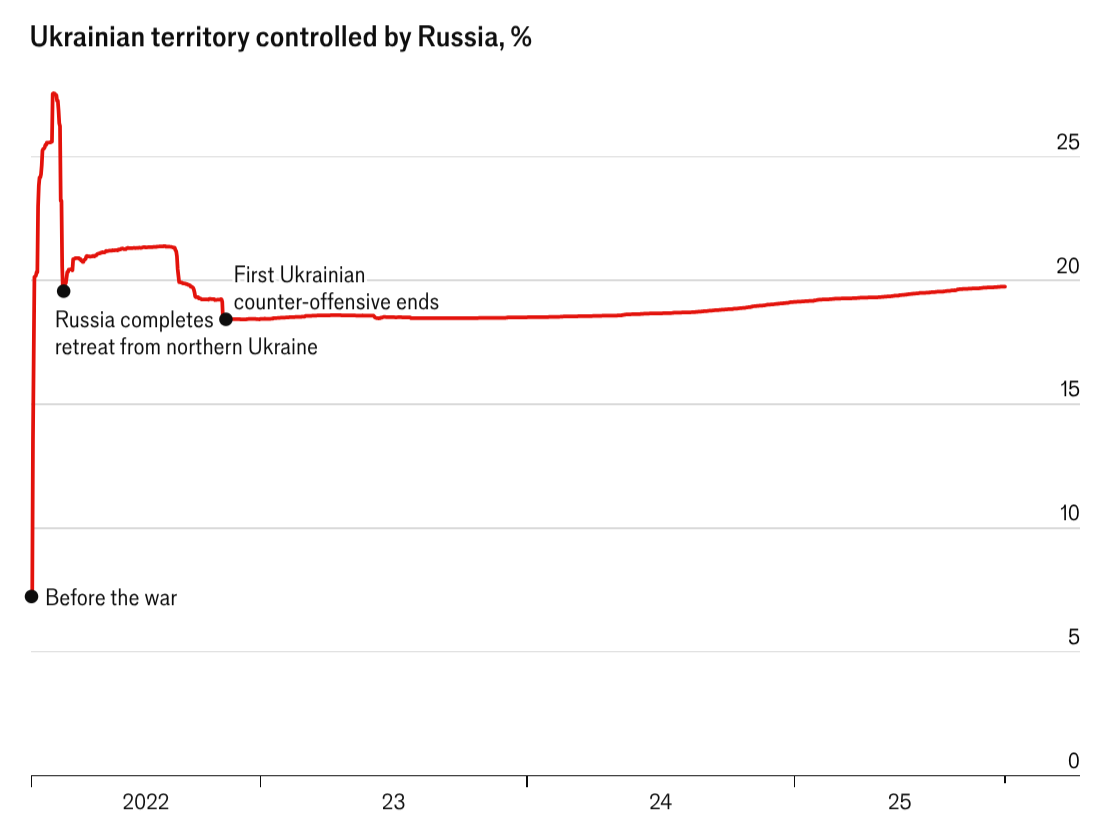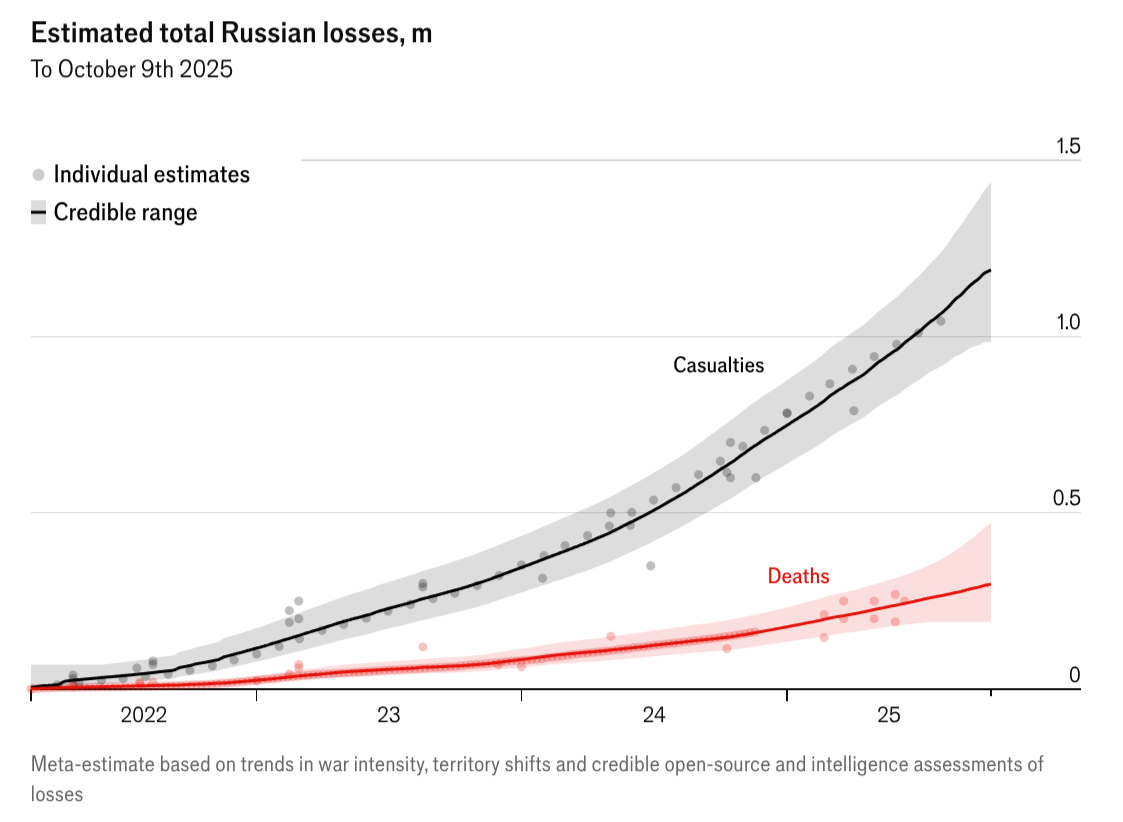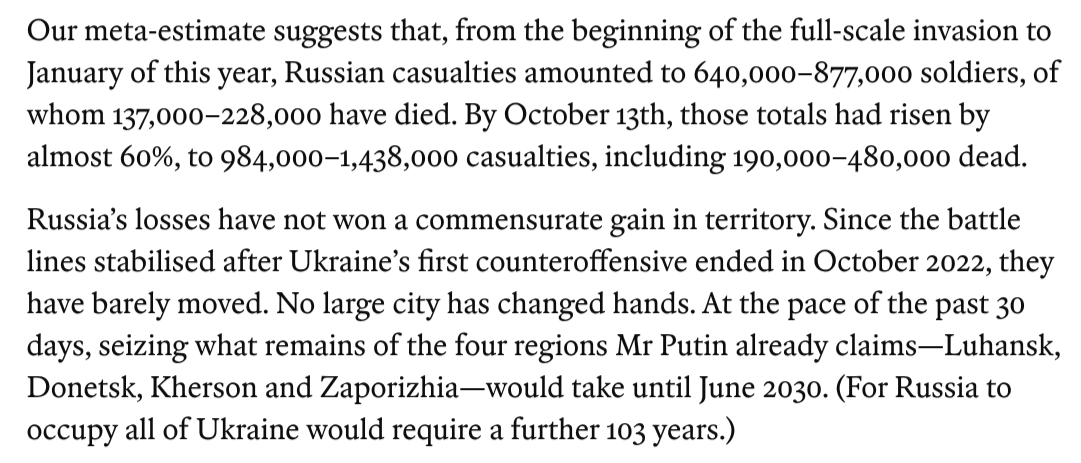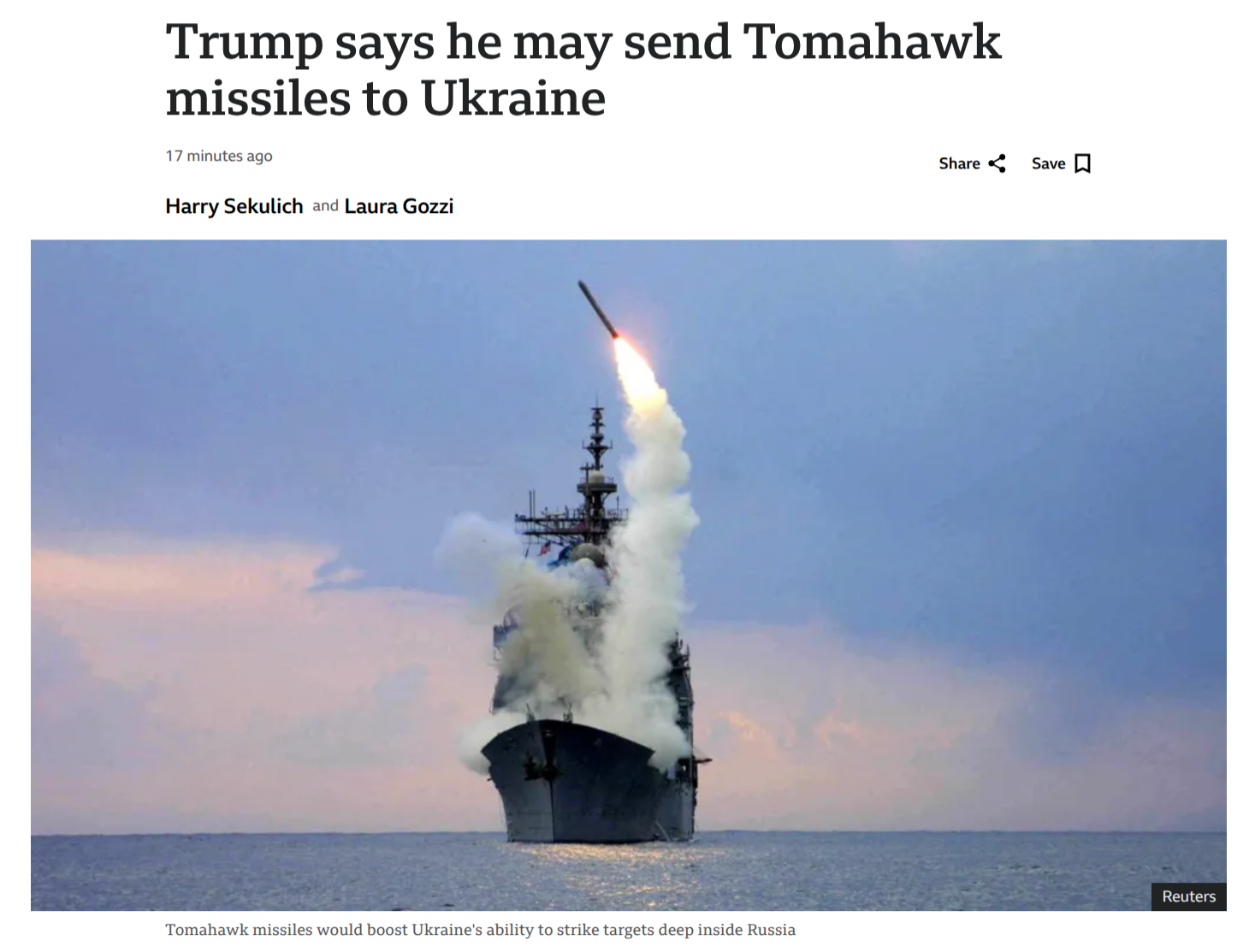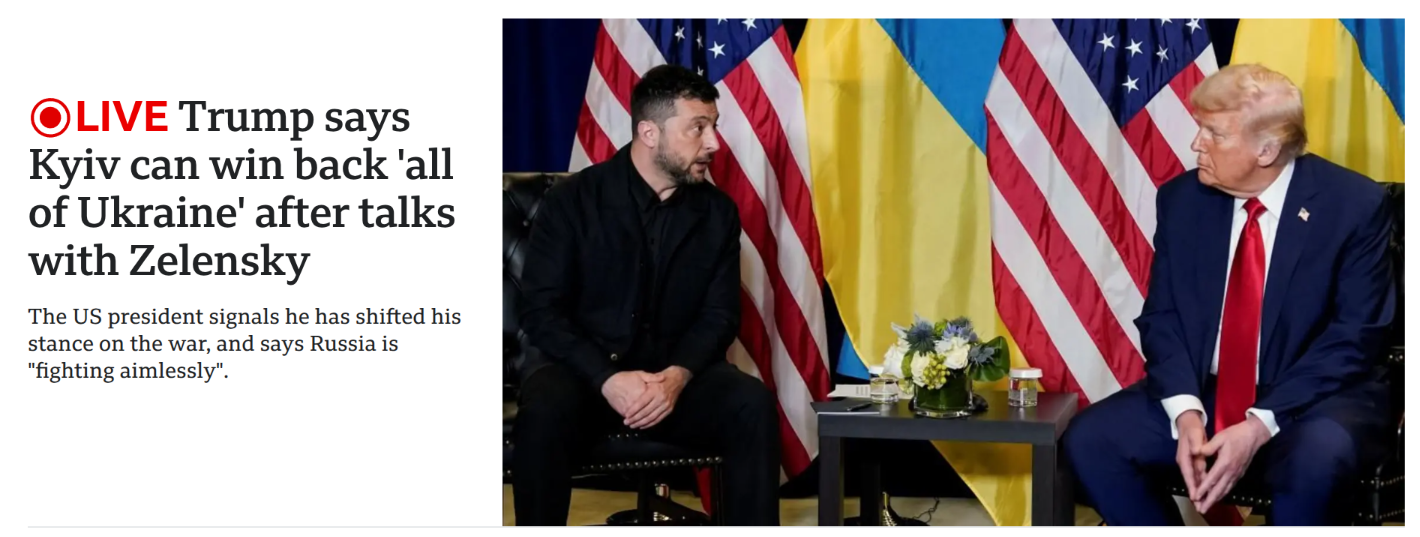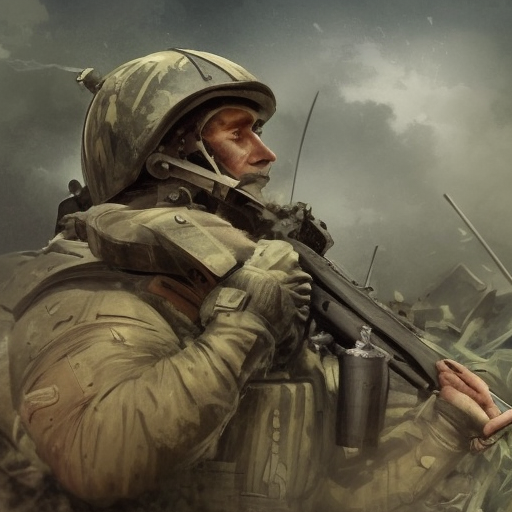
This market will resolve YES if and when Wikipedia's English page on the Russo-Ukrainian War (or the nearest equivalent if that page no longer exists) lists in its infobox "Result: Ukrainian victory", and I am satisfied that this is not part of an edit war.
It will also resolve YES if the result describes the victor as some coalition of which Ukraine is a part, or describes the outcome in terms of the defeated side being Russia or some coalition of which Russia is a part.
Any other "result" after the war is no longer described by Wikipedia as "ongoing" will cause the market to resolve NO, including hedged statements like "Partial Ukrainian victory" or "Ukrainian victory with territorial losses".
Resolution only depends on the first, non-dotpoint statement in the "result" section of the infobox. If hedging/concessions follow the intitial statement as dotpoints, or if they appear in the body of the article, this is not relevant to resolution. If the "result" comprises only dotpoints, the market will resolve NO.
The closing date for this market will be extended as needed until the market can resolve.
People are also trading
Coalition in which Russia is a member: Republic of Syria (Bashar al-Assad), Democratic Korea (Kim Jong-un), Belarus (Alexander Lukashenko), and Republic of Iran (which has signed a coalition agreement with Russia).
@deletedaccount001 lmao deleted account for being a retard betting all his points on the losing side award.
@Fion I've been pretty bullish on Ukraine since the market opened. I'd be your counterparty but I understand you don't want to (and shouldn't) invest more
@Dulaman I think they're likely to survive. I think they have a reasonable chance of getting back the occupied land (apart from Crimea). But I don't think they have much hope of any settlement that Wikipedia would call a "victory"
@Fion yeah that's very reasonable. the caveats in the resolution criteria definitely push this market downward
@Stralor yes, so I see! I'm sure if you keep betting it up to 20% or so I'll keep getting tempted, but unless they increase the loans cap, I won't bet it as far as my best guess.
@Fion I think there will be significant technological change on the battlefield in the next 18 months which will dramatically swing in Ukraine's favor
@Fion I just looked it up on Metaculus. Looks like they reckon 5.3%. I'd be interested to know what you two think of this? Are the criteria importantly different or is Metaculus just wrong? https://www.metaculus.com/questions/21465/ukraine-war-victor-according-to-wikipedia/
@Fion Metaculus has a neuroticism bias. They don't like to think too hard about scenarios where nuclear escalation risk goes up.
@Fion I'd say they overestimate Russia and underestimate Wikipedians' desire for a definitive answer. I have no real priors for that, just vibe. If my rough memory of history is right, Russia is really good at winning wars (inevitably via attrition) but only when someone else shows up to put pressure on their opponent's other side or deliver the finishing blow. And considering historical borders I'm not sure that wouldn't also apply to Ukraine. Wikipedians prefer precision, and will no doubt hedge when appropriate, but it's human nature to want something definitive.
Metaculus's question has three other factors that differentiate it, imo: (1) the split between Neither and Russia, which probably improves its accuracy, (2) the specific end date with an Annulled trigger, which distorts it, and (3) it is more strict about needing it to specifically say "Ukraine victory" instead of other related concepts like "Russia defeat".
Don't get me wrong, I think there's a HIGH likelihood of it being hedged, especially if we discount likely international pressure to clean up the results post-war. I'm probably overbetting my real credence but I think the underlying value should definitely be higher than Metaculus's current 5.3% if only for signal reasons. Ukraine has a real chance. Will that be enough for these criteria? Who knows, but the signal is important.
Market with exact opposite criteria, for Russia: https://manifold.markets/LukeShadwell/will-russia-win-the-russoukrainian
So the Biden regime, after suggesting that allowing ATACMS targeting Russian territory would not make a big enough difference in the war relative to the escalatory risk such policy would pose, has decided to do this anyway. And rather than frame it as a reaction to actions by Russia (e.g. NK troops), it has instead been framed (due to lack of alternative rationale) as an explicit escalatory measure, presumably to try to force a larger confrontation with Russia since that would make Trump's goal of extricating the US from that conflict more difficult.
My question to people bullish in YES given this development is: how much of that incremental YES% is due to ATACMS making a difference versus that decusion triggering an escalation that may further stress the Russian government?
Amusing article touching on some related points:
https://responsiblestatecraft.org/storm-shadow-ukraine/
"The utterly confused state of British and European thinking about the military realities of the Ukraine conflict and Europe’s role is in large part due to the pitiful ignorance of military matters on the part of politicians — and therefore governments — who with the rarest of exceptions have never served in the military themselves, or bothered to study military issues, or devoted serious study to any foreign country.
This makes them completely dependent on advice from their foreign and security establishments; and for decades now, these establishments have outsourced to Washington not just responsibility for their national security, but thinking about it."
@MalachiteEagle totally irrational, given that Dems don't have a path to victory either. All they have is "we just gave another $X billion to Ukraine" -- yeah, but what is happening on the ground there?
@MalachiteEagle Ah, that. Sorry, thought it was a reaction to the election given the NK troops have been there for days.
@AlQuinn oh it's definitely the election. I was just responding to the question about what's actually happening on the ground
